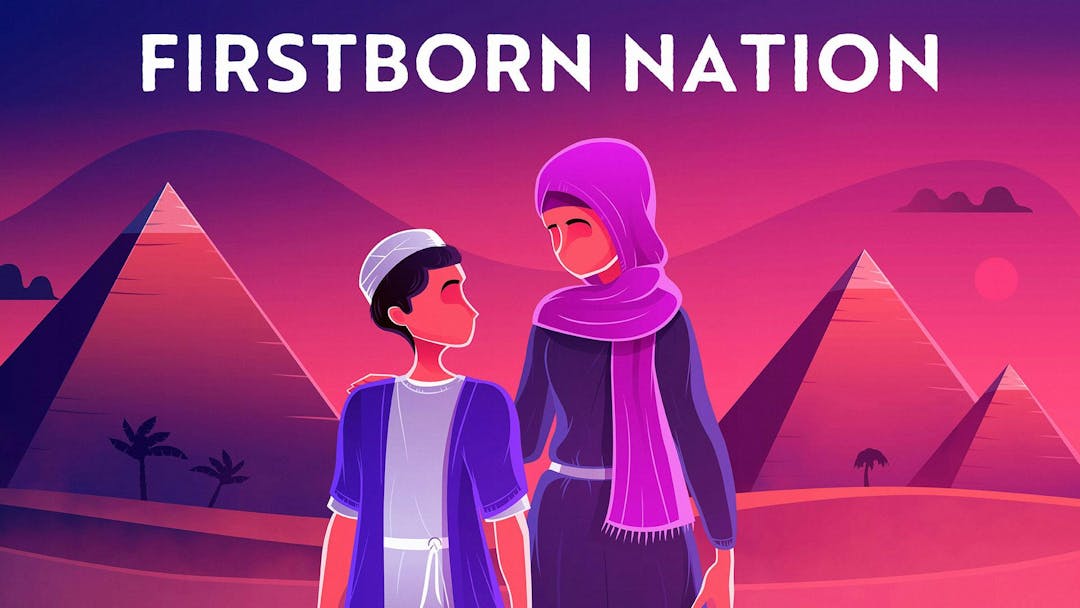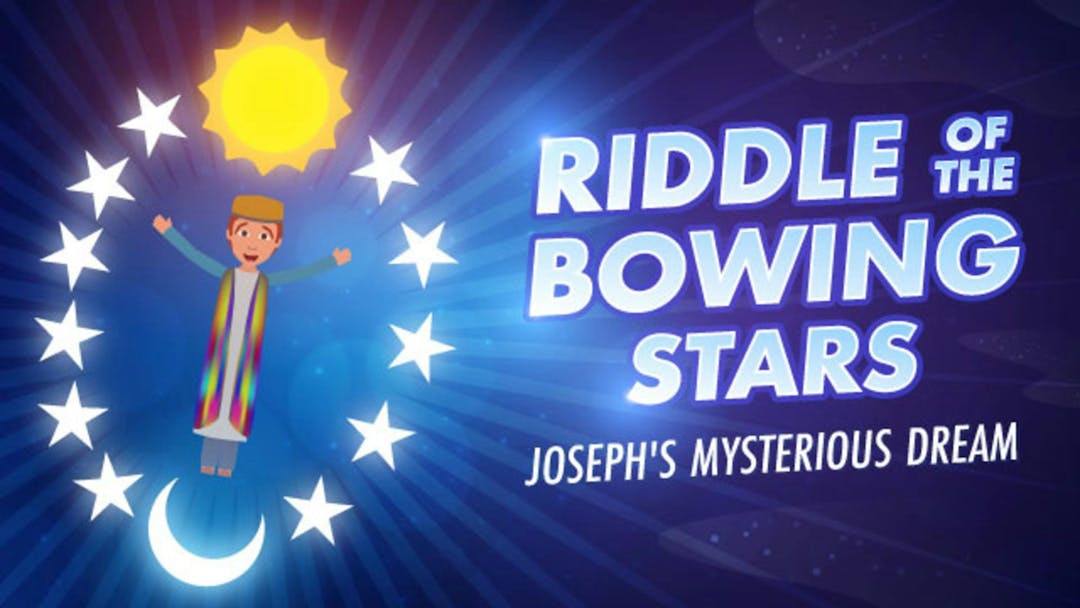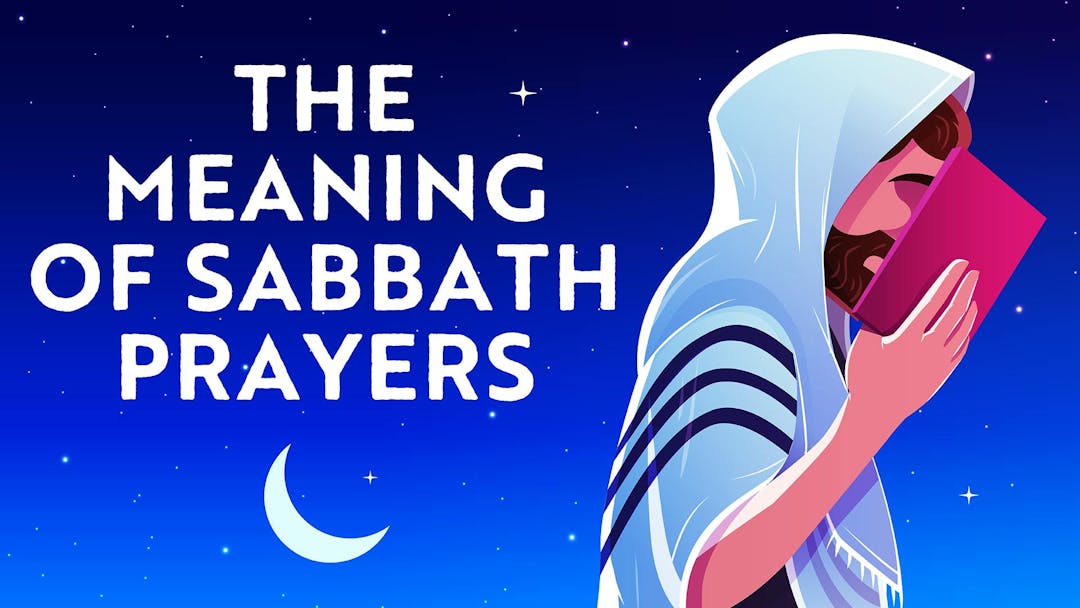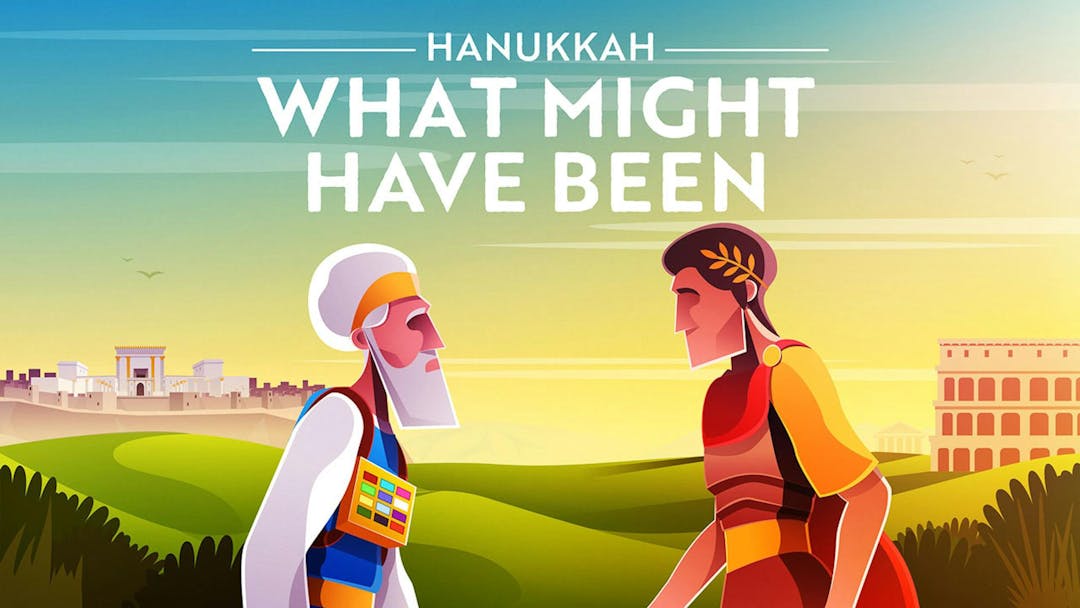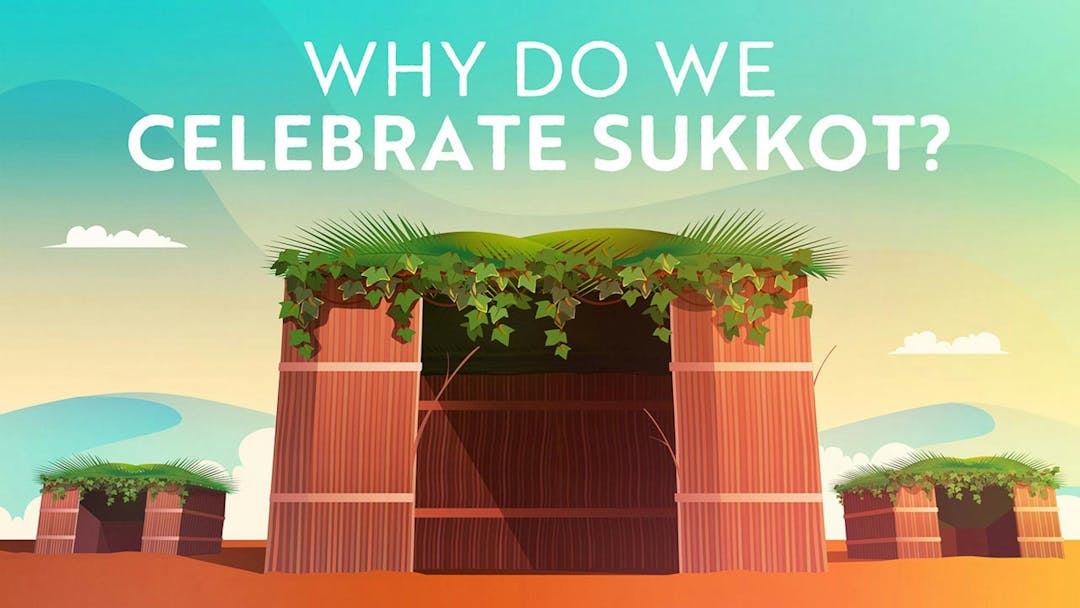Start your free trial today to unlock the full library and enjoy unlimited and uninterrupted access.
Get StartedWhat Is Hallel: Hallel Psalms (Part 1 of 7)
The Meaning of Hallel
This week, Rabbi Fohrman develops the question, what is the path laid out for us through the celebratory prayer of Hallel? He answers by bringing in clues from the life of Moses and the story of the Jewish people.
The following sources will be helpful to follow this lecture:
- Hallel itself (Psalms 113–118)
- Job 1:21
- Splitting of the sea (Exodus 14, 15)
- Moses hitting the rock (Exodus 17, Numbers 20)
- Golden Calf (Exodus 32–34)
- End of Moses' life (Deuteronomy 33, 34)
- Moses' final speech(1:11)
- Spies (Numbers 13, 14)
- Judges (Exodus 18)
Discover other great Passover videos at Aleph Beta, including ‘The Seder Meal Explained’, ‘Understanding Moses’ Miracles’, and ‘What Does Dayenu Mean?’
Want to watch the full video for free?
Enter your email and we’ll send you a link to watch the full series free.
What is Aleph Beta?
Aleph Beta is a unique kind of Torah library. Led by our founder, Rabbi David Fohrman, we are dedicated to high-level, textual Torah learning for adults that is intellectually and spiritually sophisticated, that enlivens your Jewish practice and helps you forge a deeper connection to God. Whether you’ve been learning in yeshiva for years or you’re just beginning your Torah journey, you’re sure to find something meaningful and surprising waiting for you here.
Browse our library of over 1,000 beautifully produced animated videos, podcasts, deep dive courses, and printable guides. Topics include the weekly parsha, Jewish holidays & fast days, laws & mitzvot, prayers, relationships, big philosophical ideas and more. Have something to say at the Shabbos table that will amaze your family and guests and bring deep meaning into their lives.
